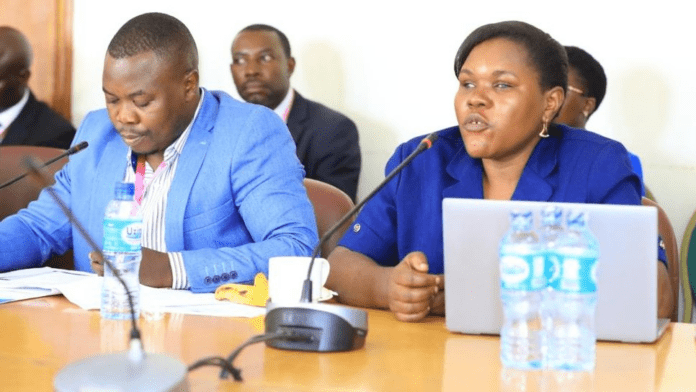
The National Union of Disabled Persons of Uganda (NUDIPU) has continued taking significant strides in transforming the lives of inmates with disabilities in different prisons in Uganda.
Speaking in a dialogue meeting on disability inclusion in planning and budgeting on Monday, December 9, 2024, at Hotel Africana, the NUDIPU program officer, David Nangozi, said that through their efforts of training the Uganda Police Management on disability inclusion, several inmates with disabilities have been exempted from tiring activities such as lining up for food and standing on parades for long periods, among others.
According to Nangozi, activities like parading for counting and lining up for food and other stuff were so straining and caused a lot of discomfort to inmates with disabilities.
“Through our constructive engagement with the Uganda Prisons Service (UPS) top management, especially on conducting situation assessments on the living conditions of inmates in prisons such as Murchison Bay, Upper Prison, Luzira Women, and Kitalya Min Max, the living conditions of persons with disabilities have significantly improved,” Nangozi said.
The disability focal person of Uganda Prisons Service, Jane Nakaliika, revealed that leadership structures have been put in place to further the gospel of disability inclusion within the prison wards.
“Inmates with disabilities have been assigned leadership positions to train their fellow inmates in disability inclusion. This has reduced stigmatization among the inmates, and numerous inmates are serving their sentences with respect,” Nakallika stated.
The manager of planning and strategy at the National Identification Registration Authority (NIRA), Teddy Angida, said that NIRA is collaborating with the Uganda Bureau of Statistics (UBOS) to rectify errors in the registration of persons with disabilities through the use of the new inclusive biometric system.
“There are challenges that some persons with disabilities were found without some body parts, such as hands, which were crucial in the previous census season. The new system is trying to be inclusive, and we are adding more biometrics, like iris recognition, which is also a unique biometric for identification,” he said.
With stronger policy backing and collective action, NUDIPU envisions a future where the biggest percentage of persons with disabilities will be included in the affairs of the country.














